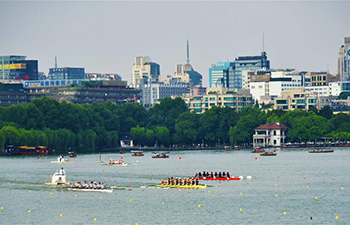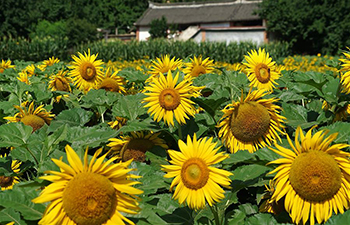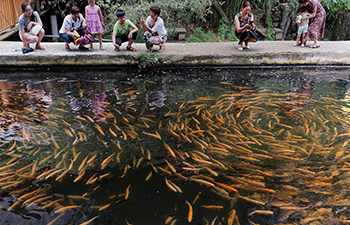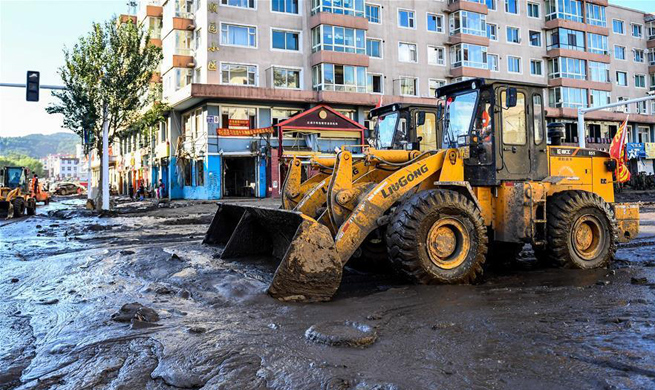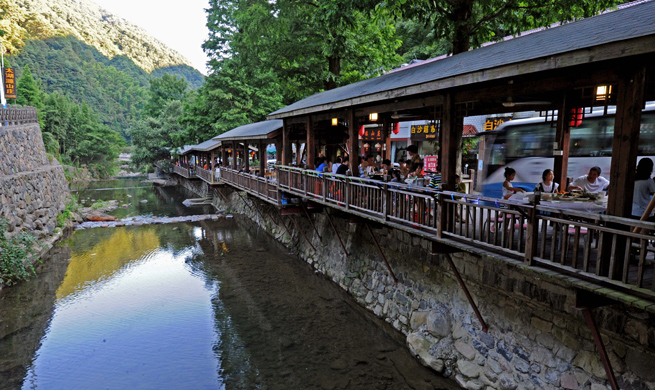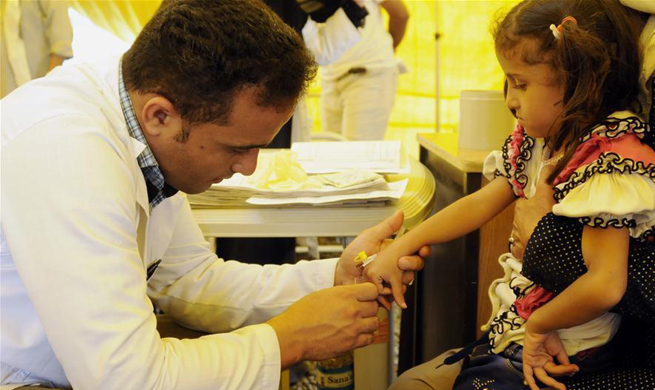CANBERRA, July 23 (Xinhua) -- A rapidly increasing population coupled with the effects of climate change could leave Australia's second-largest city, Melbourne, in the grips of a chronic water shortage within the decade, according to the local water authority.
A report tabled by Melbourne Water on Sunday said that supply might not be able to keep up with a rapidly rising demand for fresh water, as Melbourne continues to outpace Sydney for population growth.
The report said that "under high climate change and high population growth scenarios," Melbourne's water supply would be able to cope for another 10-15 years, but would become uncertain thereafter, while a best-case scenario would mean Melbourne's water supply would be secure for about 50 years.
Melbourne's population sits at around 4.5 million in the greater metropolitan area, meaning one in five Australians live in the city limits, but that figure is expected to double by 2065.
The report said Melburnians need to be encouraged to save water in order to better secure the future of supply.
"Some of these changes can have a positive impact on water use, like using less water as homes become smaller, less outdoor water use in gardens, more efficient fittings installed at construction, and houses built to higher efficiency standards," the report said.
"However, these same changes can also provide challenges for water and livability. With smaller block sizes and gardens, we could see less urban greening which could increase urban heat."
Environment Victoria's Nicholas Aberle said the issue could quickly become a "crisis" if locals don't take the report's warning seriously. He told the Australian Broadcasting Corporation (ABC) that the rapidly growing population was a bigger problem than climate change in terms of water supply.
"If we sit on our hands for the next 10 years and just hope that it'd all going to get better, and assume that climate change won't be as bad as we probably know it's going to be, if we don't use that time wisely, this will become a crisis," Aberle said.
Meanwhile, the Victorian state government has reiterated its support for the Target 155 campaign, which encourages Melburnians to use no more than 155 liters of fresh water per day. Currently, locals use an average of 162 liters per day, according to the Melbourne Water System Strategy.






